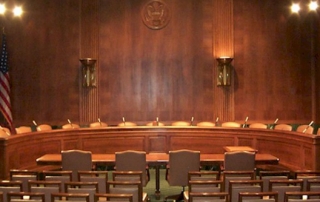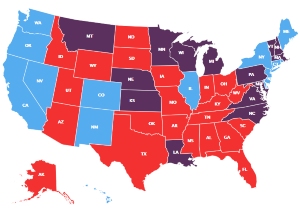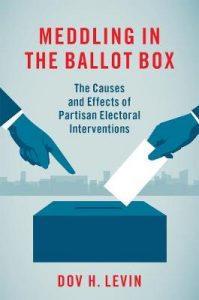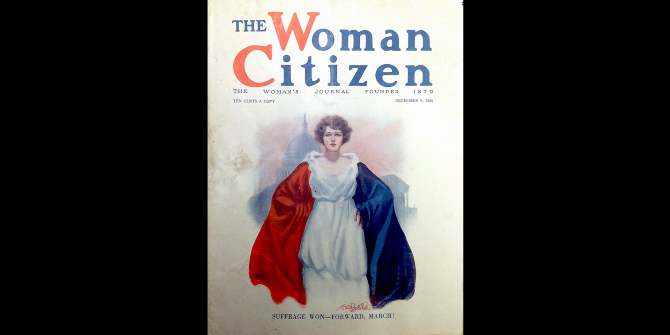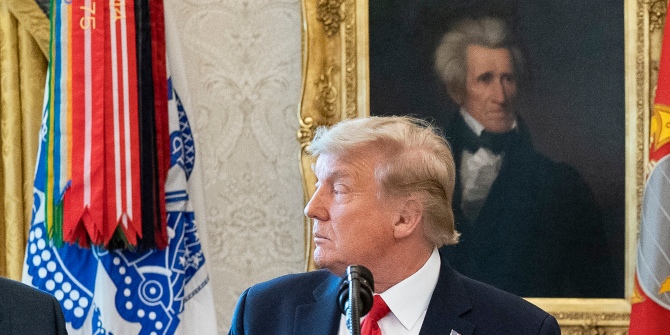When it comes to executive actions, Americans’ partisan and policy preferences trump constitutional concerns
Facing a gridlocked Congress, the last 18 months have seen President Obama make increasing use – as promised – of his “pen and phone” to implement policy via executive actions. While Obama has been roundly criticized from the right for taking such unilateral actions, do Americans instinctively oppose them? Using survey experiments to test this question, Dino Christenson and […]




